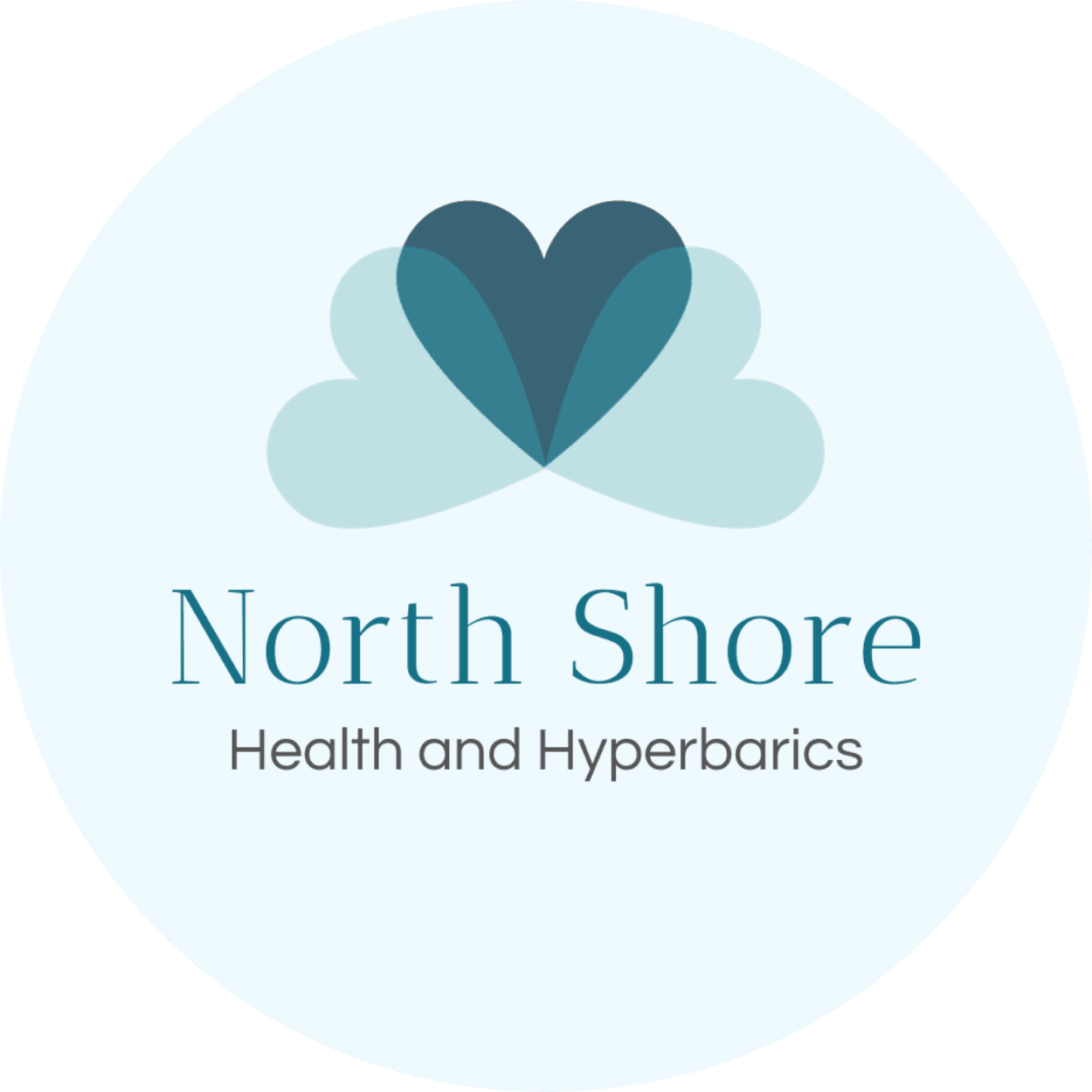Neurology

Stroke
When a stroke occurs, the brain is deprived of the oxygen it needs for normal function, leading to tissue damage. This leads to a wide array of secondary effects and requires extensive rehabilitation for most survivors. This rehabilitation generally consists of a variety of treatment techniques depending on the survivor’s unique needs.
Hyperbaric oxygen therapy is a treatment that provides a patient with 100% oxygen in a pressurized environment. By increasing the amount of oxygen available to brain cells, this can facilitate healing and neuroplasticity. Combined with repetitive exercise, hyperbaric oxygen therapy can potentially boost recovery and promote the return of both physical and cognitive function.
https://pubmed.ncbi.nlm.nih.gov/31985478/
https://www.ncbi.nlm.nih.gov/pmc/articles/PMC6785945/
Traumatic Brain Injury/Post Concussion Syndrome
A traumatic brain injury, or TBI, is an injury that affects how the brain works. It may be caused by a bump, blow or jolt to the head or by a penetrating injury.
Some types of TBI can cause temporary or short-term problems with normal brain function, including problems with how the person thinks, understands, moves, communicates, and acts. More serious TBI can lead to severe and permanent disability, and even death.
HBOT can dramatically improve symptoms of chronic TBI months, or even years, after the original head injury.
There are five mechanisms that HBOT provides:
- Increase in Tissue Oxygenation
- Inflammation Suppression
- Decreases Apoptosis
- Reduces Intracranial Pressure (ICP)
- Promotes Neurogenesis and Angiogenesis
https://bmjopen.bmj.com/content/8/9/e023387
https://www.ncbi.nlm.nih.gov/pmc/articles/PMC5110132/
https://www.ncbi.nlm.nih.gov/pmc/articles/PMC3829860/
Parkinson’s Disease
Parkinson’s disease is a degenerative neurological disorder in which the brain cells that normally produce the neurotransmitter dopamine die off. When these cells die, the brain loses its ability to control movement, which leads to tremors in the hands and feet. People with Parkinson’s disease may eventually lose their ability to walk and talk and can experience memory loss, behavioral differences, chronic pain, depression and fatigue. The Parkinson’s Foundation estimates that around 930,000 Americans live with the disease
According to Julian Whitaker, MD, of Whitaker Wellness’ primary approach to treating Parkinson’s, “HBOT floods the brain with oxygen, slowing neuronal degeneration, mobilizes rejuvenating stem cells, and enhances angiogenesis (the growth of new blood vessels that nurture damaged areas).”
https://pubmed.ncbi.nlm.nih.gov/35625589/
Dementia/Alzheimer’s
According to Cutis Care, it is estimated that approximately six million Americans are living with Alzheimer’s disease. According to the National Institute of Health (NIH), “Alzheimer’s disease is an irreversible, progressive brain disorder that slowly destroys memory and thinking skills and, eventually, the ability to carry out the simplest tasks.” Furthermore, the NIH currently ranks Alzheimer’s disease as the sixth leading cause of death in the US, and a cure is yet to be discovered. So, how does Hyperbaric Oxygen Therapy help?
HBOT introduces pure oxygen into the lungs under pressure. This increased amount of oxygen promotes healing in damaged tissue, reduces inflammation, and promotes angiogenesis-the growth of new blood vessels.
https://www.ncbi.nlm.nih.gov/pmc/articles/PMC7293997/
https://www.ncbi.nlm.nih.gov/pmc/articles/PMC9241400/
Multiple Sclerosis
According to the National MS Society, Multiple sclerosis is a disease that impacts the brain, spinal cord and optic nerves, which make up the central nervous system and controls everything we do. The exact cause of MS is unknown, but we do know that something triggers the immune system to attack the CNS. The resulting damage to myelin, the protective layer insulating wire-like nerve fibers, disrupts signals to and from the brain. This interruption of communication signals causes unpredictable symptoms such as numbness, tingling, mood changes, memory problems, pain, fatigue, blindness and/or paralysis. Everyone’s experience with MS is different and these losses may be temporary or long lasting.
HBOT helps in MS by:
1) Reducing inflammation
2) Increasing energy
3) Modulating the immune system
https://www.nejm.org/doi/full/10.1056/NEJM198301273080402
Autism
Autism spectrum disorder (ASD) is a neurological and developmental disorder that affects how people interact with others, communicate, learn, and behave. Although autism can be diagnosed at any age, it is described as a “developmental disorder” because symptoms generally appear in the first 2 years of life.
HBOT has thought to help patients with ASD but reducing inflammation and increasing blood circulation to the brain.
Studies have shown children with autism experience improvements in cognitive performance, memory, verbalizations, speech, and social interactions after undergoing treatment. Teenage patients report improvements in self-help skills and the ability to learn new skills
https://pubmed.ncbi.nlm.nih.gov/18005455/
Neuropathy
A nerve problem that causes pain, numbness, tingling, swelling, or muscle weakness in different parts of the body. It usually begins in the hands or feet and gets worse over time. Neuropathy may be caused by cancer or cancer treatment, such as chemotherapy. It may also be caused by physical injury, infection, toxic substances, or conditions such as diabetes, kidney failure, or malnutrition.
According to studies, hyperbaric Oxygen Therapy (HBOT) effectively heals infection by reducing swelling and increasing circulation. It does this through promoting revascularization – the formation of new blood capillaries. Once blood flow to the infected area improves, nerve repair and regrowth can begin. New nerve fibers reverse PN and relieve its symptoms. In addition, studies show that hyperbaric oxygen stimulates the release of stem cells in the wound area that differentiate into new tissue and nerve cells.
Send a Message
Ready to take the first step toward improved health and well-being? Feel free to reach out to us via our contact form. Our dedicated team is here to assist you and provide personalized guidance on your journey to optimal health.
